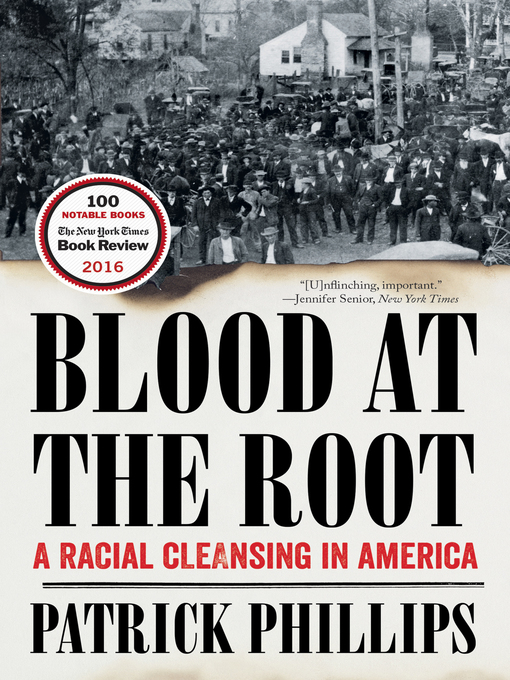"[A] vital investigation of Forsyth's history, and of the process by which racial injustice is perpetuated in America." —U.S. Congressman John Lewis
Forsyth County, Georgia, at the turn of the twentieth century, was home to a large African American community that included ministers and teachers, farmers and field hands, tradesmen, servants, and children. But then in September of 1912, three young black laborers were accused of raping and murdering a white girl. One man was dragged from a jail cell and lynched on the town square, two teenagers were hung after a one-day trial, and soon bands of white "night riders" launched a coordinated campaign of arson and terror, driving all 1,098 black citizens out of the county. The charred ruins of homes and churches disappeared into the weeds, until the people and places of black Forsyth were forgotten.
National Book Award finalist Patrick Phillips tells Forsyth's tragic story in vivid detail and traces its long history of racial violence all the way back to antebellum Georgia. Recalling his own childhood in the 1970s and '80s, Phillips sheds light on the communal crimes of his hometown and the violent means by which locals kept Forsyth "all white" well into the 1990s. In precise, vivid prose, Blood at the Root delivers a "vital investigation of Forsyth's history, and of the process by which racial injustice is perpetuated in America" (Congressman John Lewis).




